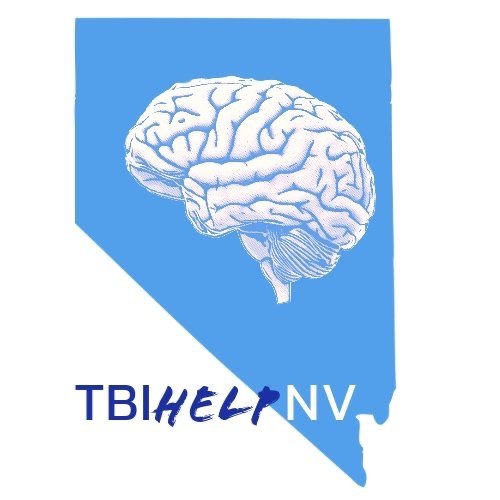
TBI HELP NV
Advanced Medical Arts
RESTORE, RECOVER, RETURN
Traumatic brain injury: mild, moderate, severe; also Long Covid and Covid 19 vaccine injury resulting in neuroinflammation
We are here to help!
We aim to treat the cause not the symptoms! For example, in patients suffering from mild concussion (mTBI), symptoms can range from headaches, difficulties in maintaining focus, brain fog, depression, anxiety, and PTSD. Often their primary care providers will treat these symptoms with antidepressants, sleep medications, and/or stimulants. However, if the neuroinflammation is not addressed, symptoms can continue to worsen with time. The root cause of the problem is neuroinflammation.
Get Mental Clarity
Neuroendocrinology is a multidisciplinary field that explores the intricate interactions between the nervous system and the endocrine system. This vital connection plays a significant role in regulating emotional states, stress responses, and cognitive functions. As research in neuroendocrinology advances, it reveals promising pathways for brain healing and recovery from trauma or injury. By understanding how hormonal influences affect neural activity and vice versa, healthcare professionals can develop targeted therapeutic strategies that promote brain health, enhance neuroplasticity, and foster resilience against psychological and physiological challenges. This approach offers hope for individuals seeking recovery and a better quality of life..

Freedom, Empower, Courage
Neuroinflammation is a multifaceted process involving the activation of the immune system within the central nervous system (CNS) leading to a cascade of inflammatory responses. The activation of microglia, the primary immune cells in the brain, plays a crucial role in neuroinflammation. When these cells become overactivated, they can release pro-inflammatory cytokines and chemokines, resulting in an imbalance in the brain's biochemical environment.
One significant consequence of neuroinflammation is the reduction of critical enzymes involved in neurotransmitter synthesis, such as tryptophan hydroxylase and tyrosine hydroxylase. These enzymes are responsible for converting precursor amino acids into neurotransmitters like serotonin and dopamine, respectively. Inflammatory cytokines can inhibit the expression and activity of these enzymes, leading to a diminished production of neurotransmitters.
As a result of these changes, the levels of neurotransmitters in the brain can decrease significantly. This reduction can have profound implications for mood regulation, cognitive function, and overall mental health. Impaired serotonin levels are closely associated with mood disorders, such as depression and anxiety, while diminished dopamine levels can affect motivation, reward processing, and cognitive clarity.
Moreover, the dysregulation of neurotransmitters can create a vicious cycle where the decreased neurotransmitter activity further exacerbates neuroinflammation. The ongoing inflammatory state can hinder the brain's ability to restore homeostasis leading to chronic conditions that are challenging to manage. Understanding the intricate relationship between neuroinflammation, enzyme activity, and neurotransmitter levels is essential for developing effective therapeutic strategies aimed at alleviating the adverse effects of these conditions on mental and neurological health.



